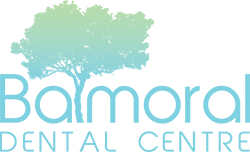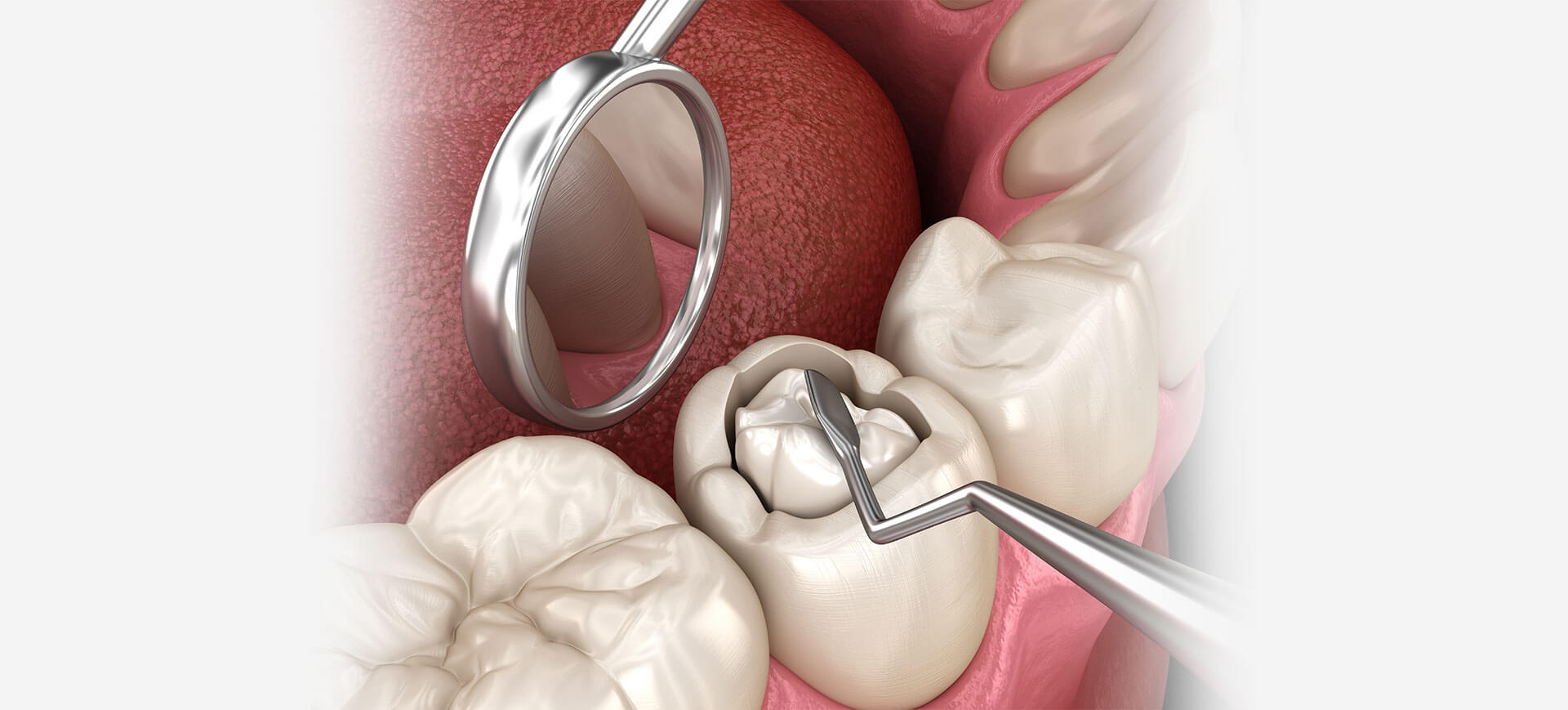Diet
Avoid frequent intake of sugary foods, especially sticky foods. Look at food labels to see what they contain.
Bacteria love sugar and soon after it is eaten your mouth becomes very acidic. Swish your mouth out or have a drink of water to remove the bulk of remaining sugar from your mouth
Don’t snack all day, leave a long break between meals so your teeth have a longer time free from acids.
Casein phosphopeptides are available from some dairy foods and help to prevent decay. Finishing a meal with cheese is a quick and easy strategy.
You may be asked to complete a dietary analysis sheet to see how your eating habits may be contributing to your tooth decay.
Plaque
Thorough, daily removal of plaque from the tooth surfaces and in between the teeth reduces the risk of tooth decay. The removal of plaque reduces the numbers of acid producing bacteria in your mouth.
Try to brush twice a day using a Fluoride toothpaste. Ensure you brush well at night, as during sleep your saliva flow is greatly reduced putting the teeth at greater risk of decay. For shift workers this simply means brushing thoroughly before sleep.
Don’t brush directly after a meal as dissolved tooth may be scrubbed away. Swish the mouth out or have a drink of water and wait about half an hour before you brush.
Saliva
Drink plenty of water to ensure you have an adequate flow of saliva. You feel thirsty after you mouth has already become dry. This means that if you feel thirsty you will already be dehydrated. Dehydration causes a dry, acidic mouth which increases the risk of tooth decay.
Ideally, you would drink water if you thought you were likely to get thirsty later on. If you are thirsty then drink water and avoid sweet and acidic drinks.
Alcohol, caffeine and nicotine all reduce salivary flow. Caffeine is contained in coffee, tea, chocolate, cola and soft drinks and can cause dehydration.
Many herbal, prescription, recreational and over the counter medications and drugs can make your mouth dry, by reducing the flow of saliva. Cold and flu medications are an example, as are many mouthrinses containing alcohol. Alternatives may be available, however this is not always the case. Products are available to help relieve the discomfort of dry mouth.
Chewing sugar free gum helps to stimulate salivary flow. Some sugar free gums contain Xylitol which helps to slow the growth of plaque.
The acidity of a dry mouth can be reduced by using a bicarbonate mouthrinse. This helps the saliva to become alkaline. Rinse vigorously with a mixture of one teaspoon of “baking soda” in a glass of water, don’t swallow and discard the remaining portion. Use a fresh mixture each time.
Fluoride
Always use a Fluoride toothpaste. Differing strength pastes are available for individual requirements.
Other Fluoride preparations are available such as, rinses and gels. These are recommended on an individual basis and directions for use should be followed.
By: Dennis Han
Posted on: 01/15/2020

